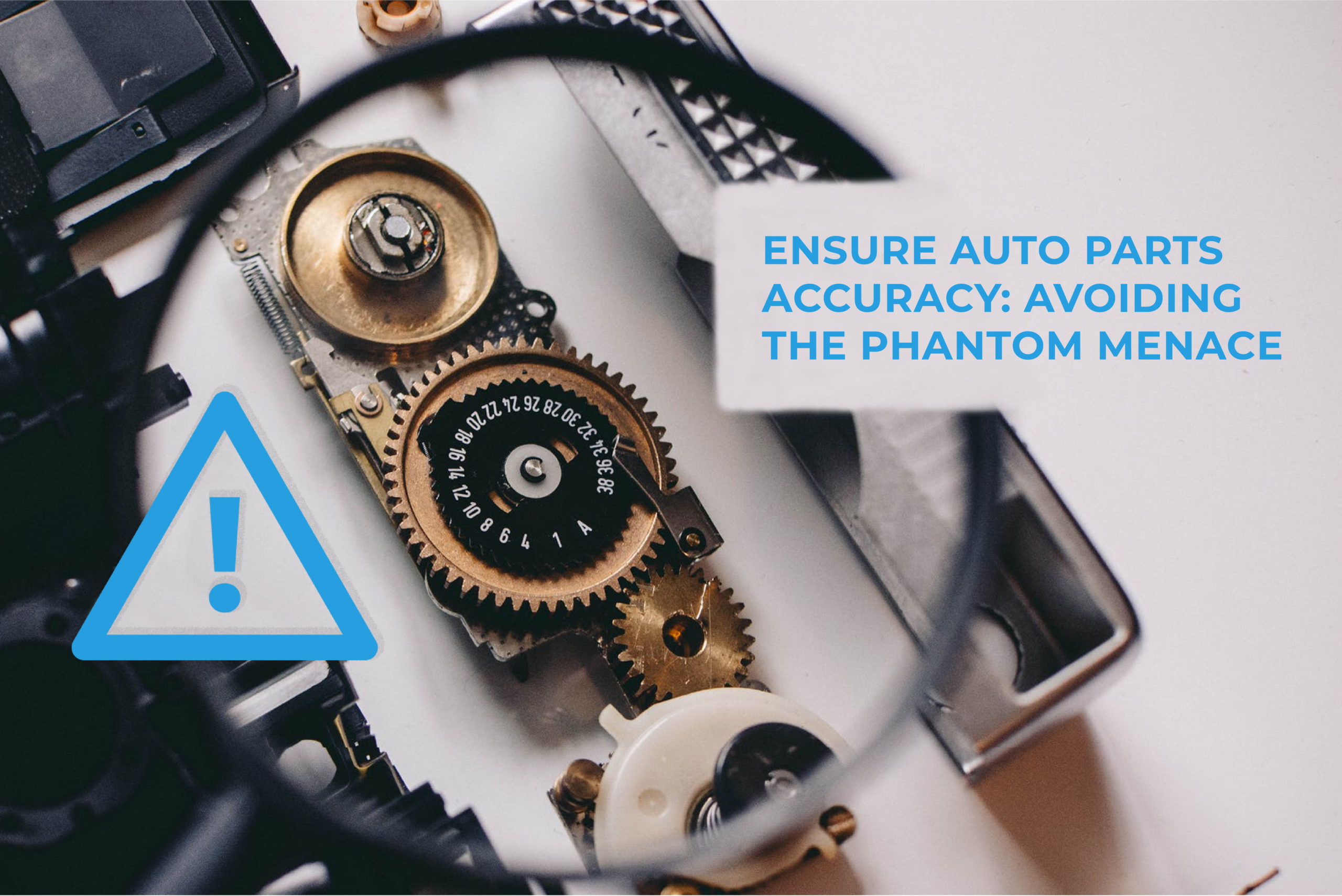Ensure Auto Parts Accuracy: Avoiding the Phantom Menace

The word ‘Phantom’ is defined by Webster’s dictionary as a figment of one’s imagination as the first definition, but the second definition is an arrangement or transaction that has been created for fraudulent purposes but that does not really exist. While both are good, descriptive definitions, when it comes to determining auto parts accuracy, the second definition most closely applies. Phantom parts fall into the category of something that does not exist and may have been created for fraudulent purposes.
Phantom parts in the collision repair business are catalog parts that are wrongly listed as available and/or for sale. In fact, they are not available, or at least not at the price listed. The origin of the phantom part may not be sinister; it may be carried over from an out of date catalog where the actual physical stock has long been sold. Either way, auto parts accuracy is not ensured. When an electronic part system searches the out of date database, that part that no longer exists at that price is surfaced as an actual part. When you are ready to order however, the part is no longer in stock, or the part is available at the current, much higher price, and a supplement must be written.
Phantom parts can also be used in the collision industry to increase their ‘hit rate’ and drive down the part price when compared to other systems in a vendor evaluation. Many times these systems don’t even take into account whether or not that supplier even services that region. The phantom is discovered only when the shop attempts to order the part, which leads to the inevitable supplement and undermines auto parts accuracy. For the shop, the validity and availability of every part is then put into question, and shops will be compelled to call to validate each part.
The cost to the insurance carrier in terms of cycle time delays, and the increased cost of paying for the supplement is well documented. But the insurer may also see a strained relationship with their Direct Repair partners, who now view the carrier as having selected that phantom part.
When you quote parts in the Parts Trader system from our 8,000+ suppliers, it isn’t from an out of date catalog, or a vendor knowingly low balling a part price. They are real suppliers quoting from their actual inventory in real-time. You won’t find phantoms. You will be getting a quote for a part that the vendor not only has in stock, but they commit to a delivery time of that part as well, therefore entrusting auto parts accuracy.
